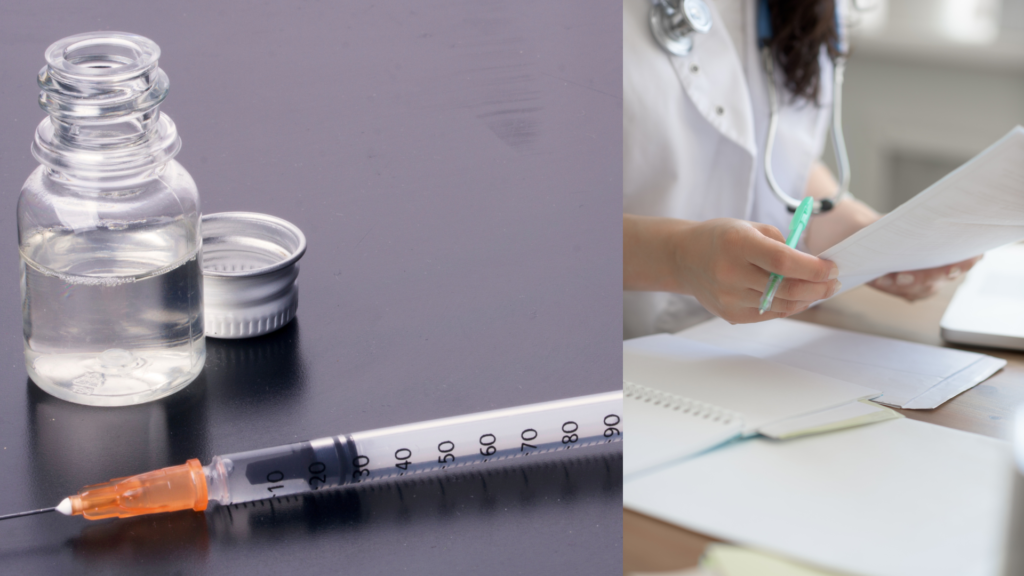Ever wondered what happens to your testosterone levels when you indulge in a sugar treat? Understanding the effects of sugar on testosterone is crucial, especially if you’re conscious about your hormone health.

Table of Contents
Introduction
Ever wondered what happens to your testosterone levels when you indulge in a sugary treat? Understanding the effects of sugar on testosterone is crucial, especially if you’re conscious about your hormone health. In this article, we’ll dive into the nitty-gritty of what occurs within just two hours of eating sweets and how it impacts your testosterone levels. Buckle up, because this journey through your body’s reaction to sugar is as enlightening as it is essential!
Understanding Testosterone
Testosterone is a vital hormone that plays a significant role in both men’s and women’s bodies. It’s primarily known for its contributions to muscle mass, bone density, and the regulation of sex drive. While men produce higher levels of testosterone, women also need this hormone for overall health and well-being. Testosterone helps maintain energy levels, mood, and even cognitive function.

What Happens When You Eat Sugar?
When you consume sugar, your body reacts almost instantly. The sugar enters your bloodstream, causing your blood sugar levels to spike. This triggers your pancreas to release insulin, a hormone that helps cells absorb glucose for energy. However, this sudden influx of sugar and insulin can have various ripple effects on your body, including your hormone levels.
ALSO READ : Discover the Best Diet for High Blood Pressure and Boost Your Health.
The Link Between Sugar and Hormones
Sugar doesn’t just provide a quick energy boost; it also affects your hormones. Insulin is the primary hormone involved in sugar metabolism, but other hormones, including testosterone, can also be influenced. High sugar intake can lead to an imbalance in hormone levels, which can be detrimental in the long run.
Initial Reaction: Within the First 30 Minutes
In the first 30 minutes after eating sugar, your blood sugar levels surge, prompting a swift insulin response. Insulin works to lower blood sugar by facilitating the uptake of glucose into your cells. This immediate action is essential for preventing hyperglycemia but can also affect other hormonal processes.

Testosterone Levels Within the First Hour
Within the first hour, your testosterone levels may begin to fluctuate. Scientific studies have shown that consuming sugar can lead to a significant drop in testosterone levels. This happens because the increased insulin levels can inhibit the production of testosterone. Your body prioritizes managing the sudden rise in blood sugar, which can temporarily disrupt normal hormone production.
The Next Hour: 60 to 120 Minutes
As the second hour approaches, your insulin levels remain high to manage the sugar in your bloodstream. This prolonged insulin activity continues to suppress testosterone production. By the end of the two-hour period, your testosterone levels could be noticeably lower than before you consumed the sugary treat.
Long-Term Effects of Regular Sugar Consumption
Regular consumption of high amounts of sugar can lead to consistently low testosterone levels. Over time, this can affect your overall hormonal balance, leading to issues like decreased muscle mass, increased body fat, and even mood swings. It’s a reminder that what you eat regularly can have lasting effects on your health.
How Different Types of Sugars Affect Testosterone
Not all sugars are created equal. Natural sugars found in fruits come with fiber and nutrients that can mitigate some of the negative effects. In contrast, added sugars, particularly high-fructose corn syrup, are more likely to cause significant hormonal disruptions. High-fructose corn syrup has been shown to cause more severe insulin spikes, leading to greater drops in testosterone.
Gender Differences in Response to Sugar
Men and women can react differently to sugar intake. Men might experience more pronounced drops in testosterone due to their higher baseline levels. Women, on the other hand, might notice changes in other hormones like estrogen and progesterone, which can also affect overall hormone balance. Studies have shown that the hormonal impact of sugar can vary widely between genders, underlining the importance of personalized dietary advice.
Dietary Considerations for Maintaining Healthy Testosterone Levels
To maintain healthy testosterone levels, consider incorporating foods that support hormone production. Lean proteins, healthy fats, and plenty of vegetables can help stabilize your hormone levels. Additionally, foods rich in zinc and vitamin D, such as nuts, seeds, and fatty fish, are particularly beneficial for testosterone production.

Exercise and Its Role in Managing Sugar’s Impact
Exercise plays a crucial role in managing the impact of sugar on your hormones. Physical activity helps regulate blood sugar levels and can counteract some of the negative effects of sugar on testosterone. Strength training and high-intensity interval training (HIIT) are especially effective at boosting testosterone levels.
Practical Tips to Reduce Sugar Intake
Cutting down on sugar doesn’t have to be daunting. Start by reading labels carefully and choosing products with lower added sugar content. Opt for whole foods instead of processed snacks, and gradually reduce the amount of sugar you add to beverages and meals. Simple swaps, like using spices to enhance flavor instead of sugar, can make a big difference.
Natural Alternatives to Sweets
If you have a sweet tooth, there are plenty of natural alternatives to satisfy your cravings without wreaking havoc on your hormones. Fruits, honey, and maple syrup are better options compared to refined sugar. These alternatives come with additional nutrients and a lower glycemic index, making them kinder to your blood sugar levels and overall health.




